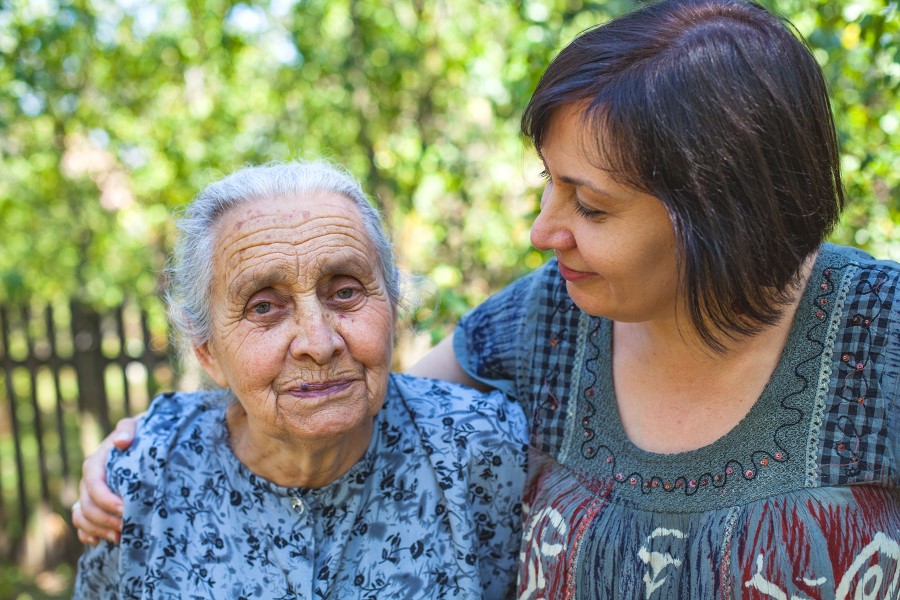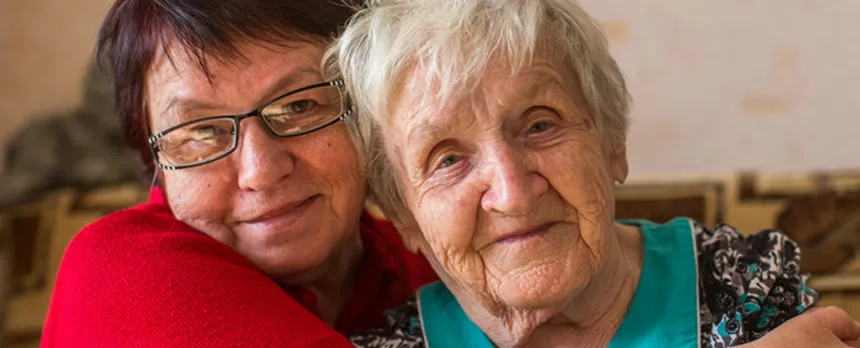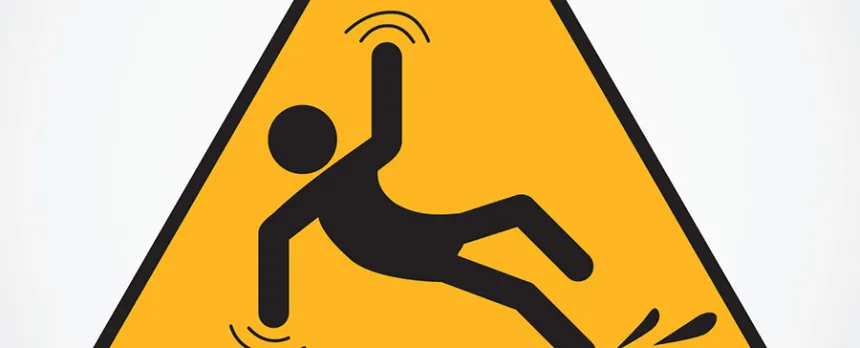Recover from Caregiver Burnout

You or someone you love may be the caregiver of an elderly, chronically ill or disabled loved one. Whether the care is given out of love, obligation, or for the sense of doing what's right, most caregivers take on too much, which can lead to caregiver burnout.
Being a caregiver can bring on financial stress, as well as disrupt family dynamics and regular day-to-day life. While caring for a loved one is important, it's also important to prioritize your own care and avoid caregiver burnout.
Signs of Caregiver Burnout
- Low energy
- Fatigue
- Too much or too little sleep
- Weight loss or weight gain
- Losing interest in activities you once enjoyed
- Becoming impatient or irritable
- Depression or mood swings
- Lowered immune system
If you're not fully taking care of your health, how can you expect to give the best care to someone else? If you notice a difference in your mental or physical health, it's time to evaluate your situation and see what you can do to take better care of yourself.
Prevent Burnout with These Tips
Ask for help. If you're feeling stretched thin, ask another family member or friend if they can help pitch in.
Take breaks. Make sure to schedule some downtime for yourself. Allow an extra 15 minutes in the morning to sit in silence with your coffee to relax before the day starts.
Check on family leave benefits. If your job offers family leave benefits, don't be afraid to take advantage of the time off from work to provide care for your loved one and to get some much-needed time for yourself.
Take a vacation. Don't let your life take a back seat. If the opportunity to have a mini getaway comes along, don't turn it down. Either find another family member to temporarily take care of your loved one or investigate temporary inpatient care at a nursing home so you can relax worry-free.
You can only provide good care if you take care of yourself first. Rather than pushing yourself to your limits, be sure to make time for self-care.
Note: The content of this blog is for informational purposes only. It is not intended for use as diagnosis or treatment of a health problem or as a substitute for the professional consultation of a physician or qualified health care provider. If you have specific questions or concerns regarding a health or medical condition, contact your physician or a licensed health care professional.




